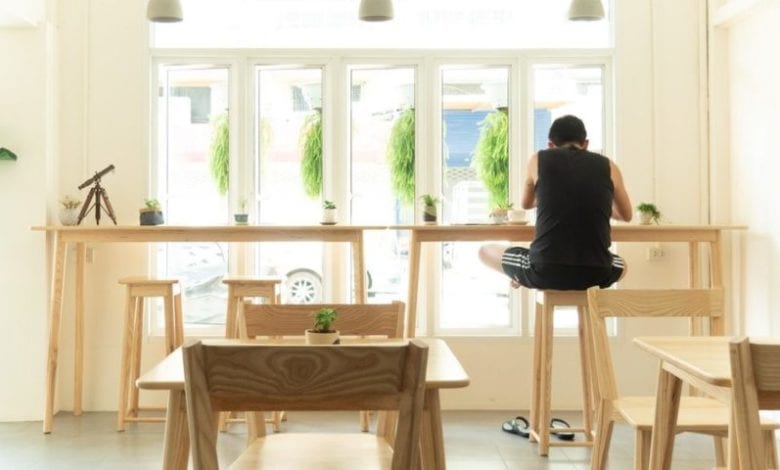Features
Coffee with a conscience: Making your cafe more environmentally friendly

Do you already run your own coffee shop, or are planning to open one soon? With the industry being so heavily-focused on how it can tackle consumer waste and carbon emissions, it’s likely that the impact of your own shop has been a consideration in your plans for the future.
You'll need to
subscribe to unlock this content. Already subscribed? Login?











